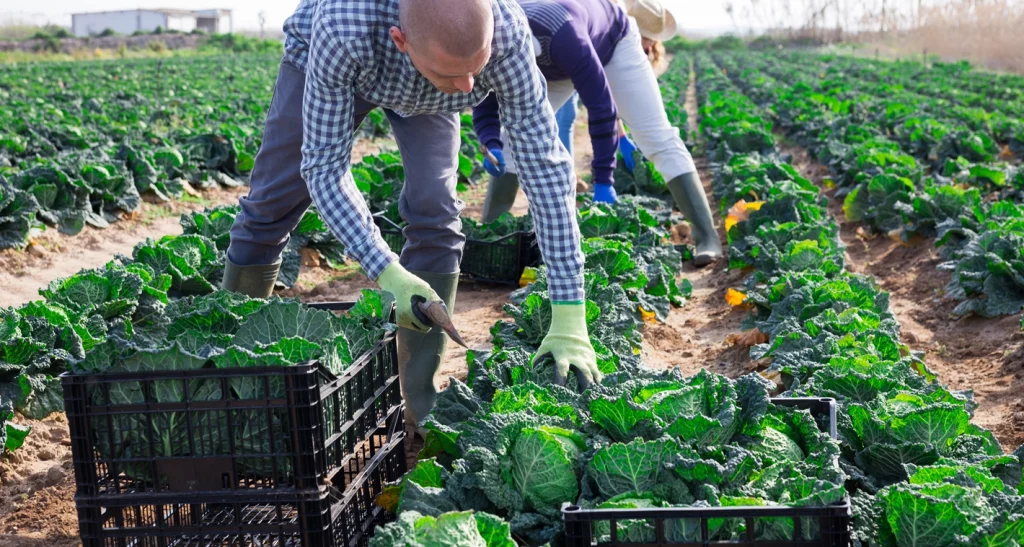CONSCIOUS LIVING FOR A SUSTAINABLE FUTURE

These practices not only benefit individuals but also contribute positively to the environment. For example, practicing mindfulness can help us become more aware of our consumption patterns and reduce our carbon footprint. Based on that, we are going to list a few ways to improve your wellness and be sustainable.
Supporting Local Businesses
We can create a significant impact on sustainability by consciously choosing to support local businesses which tend to have a smaller environmental footprint in terms of CO2 emissions than global companies. This is mainly because they harvest and create their products in a local setting, avoiding the need for extensive transportation and logistics for their product delivery. This directly impacts environmental well-being and contributes to better air quality.
High CO2 concentrations endanger public health by impacting the respiratory system and increasing risks of heart disease, pregnancy complications, and more.

Mindful Eating
Mindful eating, or conscious eating, is the practice of being fully aware of feelings, hunger, and body signals. Conscious consumption involves choosing healthier food and developing a mindful relationship with eating.
Letting your body tell you how you are supposed to eat is an essential principle for managing your wellness and well-being. Be aware if you are ingesting this food for emotional reasons, such as stress, anxiety, or frustration, or if your body is telling you to do so. Our minds and bodies often are not aligned regarding our food necessities.
As important as knowing when to start to eat is knowing when to stop eating. Scientifically, our body signals satisfaction about 20 minutes after our brain, leading to unconscious overeating. Eating slowly and taking breaks allows your body to catch up with your brain’s signals, preventing overeating.

Conscious Consumption
View food not just as an end product but also consider its origin, production processes, labor, resources, and elements involved. Reflecting on these aspects while eating can lead to wiser choices for sustainability and health, benefiting both individuals and communities.
About 50% of all food produced in the world ends up as waste every year, and to keep the food chain working, the environment pays a huge price. The food sector is responsible alone for 35% of the total global greenhouse gas emissions. On top of that water usage in food production accounts for approximately 70% of the total water use around the world.

Sustainable Products and Practices
Eco-friendly products aim to minimize their impact on the environment’s well-being throughout their production, use, or disposal. Manufacturers often use natural materials, ensuring that they do not harm nature, even when using natural raw materials.
Opting for sustainable products is a straightforward yet impactful way to enhance conscious living. In the era of limited natural resources, eco-friendly products can take some burden off our shoulders.
Using sustainable products that often run on non-exhaustive environmental resources helps break the non-sustainable chain. Moreover, using green products can help reduce pollution, decrease environmental effects, and promote the reuse and recycling of used products.

Promoting conscious wellness can lead to an awareness effect and create a snowball of positive changes on a broader scale. That can greatly influence public and environmental health and wellness.





